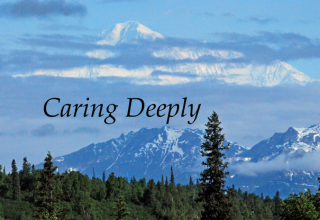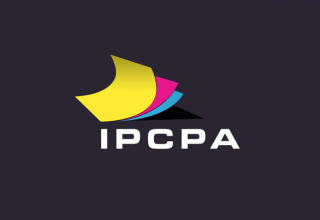
Issue Twenty Five: Enriching the Dialogue: The MAPS of Coaching
A third entity enters a coaching relationship when either the coach or client offers an analogy—or when the coach and client engage a metaphor, parable or simile. This is an important point for each of us as a coach to acknowledge. A new, third entity is being brought into the dialogue between the two of us. We are looking at “reality” in a new, enriched way when the third entity interplays with the dynamic relationship we have already created. Professional coaching is one of the most dynamic relationships in which we engage. The outcome of this relationships can be a reformed sense of reality for each of us and both of us. A timely analogy, metaphor, parable or simile can be introduced that makes this reformed reality that much more a source of insight, inspiration, guidance and enactment. In this issue of the Future of Coaching we offer examples of essays of each type of MAPS that have been posted in the Library of Professional Coaching. We might argue about the category to which each article should be assigned—but probably can’t argue about the diversity and potential wealth of insights these essays offer. Each of these essays makes the case for a generative use of a MAPS inside a coaching session, or in consideration of coaching strategies and concepts regarding human nature and behavior. [Note: we have featured some of these essays by providing links to them in LPC.]
Issue Twenty Four: Coaching for the Greater Good
Coaching is a personalized service that is classified as one of the helping professions. Coaches help their clients to mature, to expand their world view, to grow their capacity for generative action, to develop self-confidence and peace within, to care for their well-being, and to develop into someone who can create their desired difference in their communities and, perhaps, the world.
When we think about ‘the greater good’, it is often in the context of altruism, generosity, and service. There is general acceptance that the ‘greater good’ refers to some type of service or action on behalf of others, beyond our selves. It entails prioritizing something in order to take care of something bigger than us. For coaches, this equates to being of service by providing coaching for ‘the greater good’ of the community, to support an individual or team focused on solving a challenging social, health, or economic issue, and/or to make a difference that will result in world betterment.
Coaches often enter the field of coaching to support others who wish to discover and achieve greater good in the world they want to impact. We do this by helping our clients to expand their perspectives, stop self-sabotaging behaviors, open their hearts, and become aware of who they truly want to be in the world. In many ways, coaching is organically a phenomenon of the greater good and as we expand the perspective and consciousness of each person we coach, we contribute to the collective ‘greater good’ culture.
Issue Twenty Three: Perspectives from the Waterfront–Assessment and Coaching
We’re all probably looking for the Truth in some version or form, seeking the bottom-line, top-level, last word on subjects we care about. We want to understand, to know with certainty, the meaning and nuance of leadership, our relationships, about our skills and talents. We look for this certainty because we want to make the “right choices” and take the “right actions.” But that certainty often leads to blindness because it mistakes certainty for correctness.
In seeking the Truth, we often find more effective targets in creating grounded opinions. In this effort, we often find that assessments can be a good thing. An assessment adds data points for our consideration. Depending on how valid and reliable an assessment is in measuring its stated domain, it enables a (more) trustworthy perspective and understanding. In turn, this allows us to make more informed decisions.
Importantly, assessments don’t offer the Truth; rather, they offer the client (and coach) a lens through which to view the measured area of interest. The client has the personal responsibility to assess the data and interpretations, discuss with their coach, reflect on and make sense of what the data mean to them, the draw their conclusions and make their choices accordingly. Assessments can act as effective guides to action when weighed carefully.
1K Club

















Peer Resources
November 13, 2013 at 4:00 pm
Great idea and wonderful content. Did I miss the schedule of how often this new magazine will be published?
William Bergquist
November 13, 2013 at 4:05 pm
We are delighted that you approve of this new digital magazine and expect to have a new issue published four times per year.